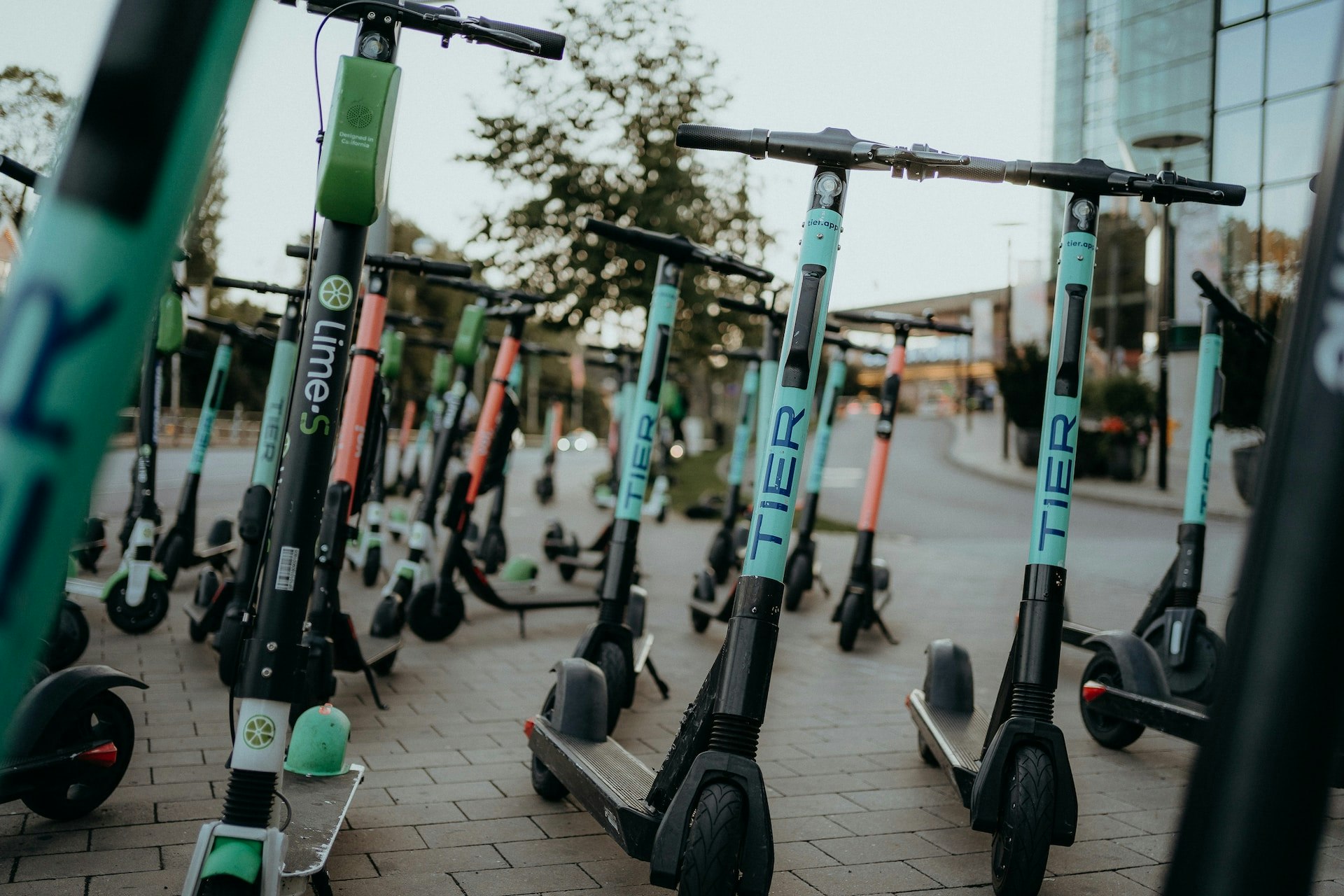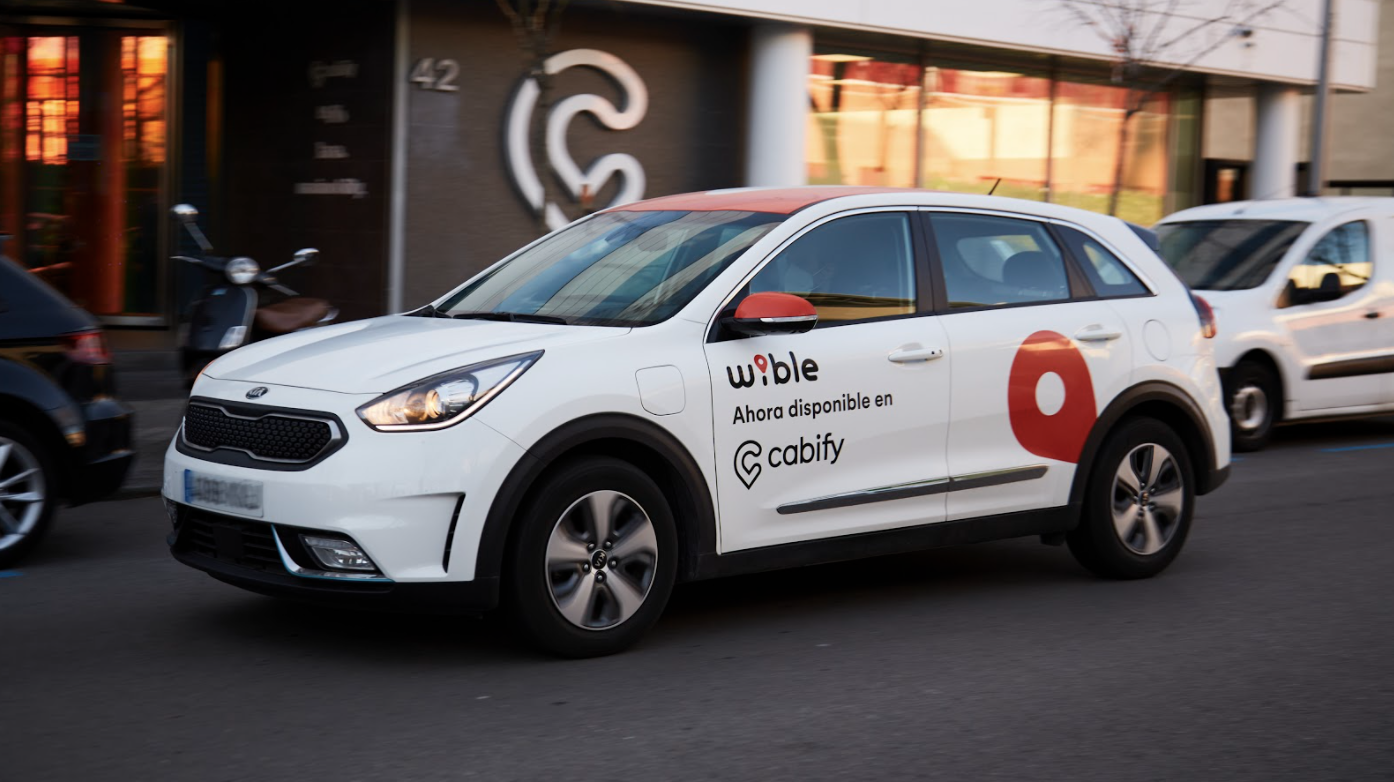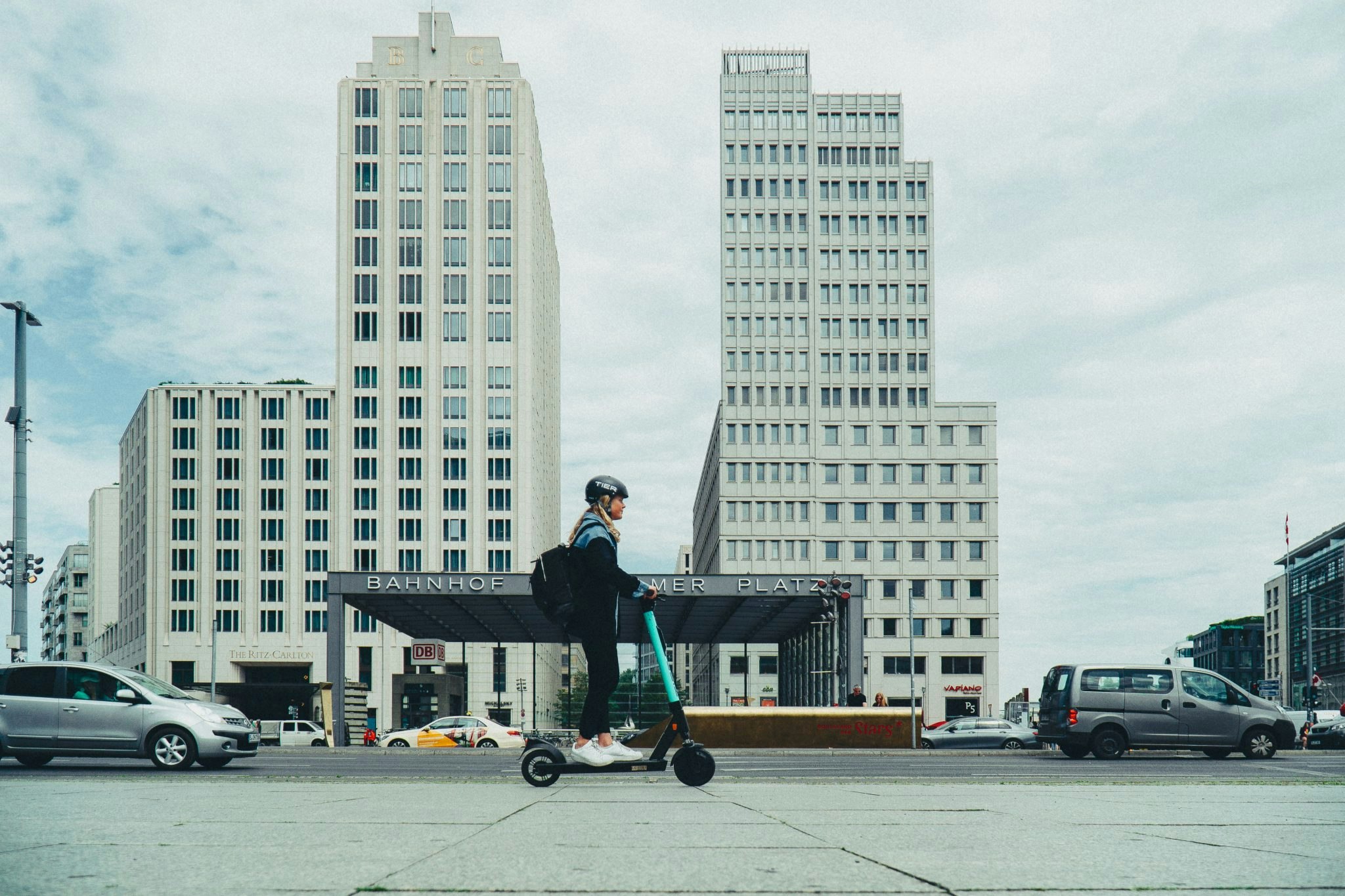The micromobility sector has undergone massive consolidation in recent years as bigger players have gobbled up smaller ones. But one company that has sat on the sidelines of the M&A boom is Estonian mobility giant Bolt.
The company has never done any substantial M&A. That’s not because it’s not looking — the company is constantly scouting for interesting startups to buy — but it hasn’t yet found a business that meets its high acquisition criteria, says Markus Villig, Bolt’s founder and CEO.
Sifted reported earlier this year that Bolt was in late-stage acquisition talks with its German competitor Tier, news that the companies never confirmed. Bolt offers a variety of mobility services — including ride hailing, food delivery, ebikes and escooters — in 45 countries around the world, and raised a €628m Series F at a valuation of €7.4bn in 2022.
“We’ve looked at dozens of companies over the last year in the mobility sector and assessed whether it makes sense for us to acquire them,” Villig told Sifted in an interview. “We have a very high bar for M&As… We always choose: does it make more sense for us to try to build this thing ourselves, or should we acquire a company? And, so far, we’ve never met the company that we would actually want to acquire.”
The strategy
Villig says that the consolidation of different subsectors in the European mobility market is unavoidable — what we’ve already seen in the ride-hailing space is now likely to repeat in the micromobility sector too, he says.
“These companies are all losing money. They’re unable to raise new money because investors don’t want to invest in these companies at the moment. So something needs to happen, right?” he says. “They need to consolidate, or some of them might just go out of business.”
Villig says there are two options when he would consider an acquisition.
The first one is a business that would offer Bolt “something unique:” a great team they couldn’t hire otherwise, hard-to-build technology, some exclusive licences in particular cities. They haven’t come across a company with such an offer yet, Villig says.
The other one is when a revenue-making company can be bought cheaply. “We just don’t see that yet,” he says. “If we look at the size of these companies relative to what price they're asking for, we just don’t think it makes sense — we can rather take that same money and invest it into growing organically.”
“We’re constantly looking at opportunities, just so far we haven’t met anything that would meet our bar,” he adds. “That doesn’t mean that we will not find them.”
On the way to an IPO
Villig has already announced that he’s planning to make Bolt profitable next year and prepare for an IPO in 2025. So far, it’s going “really well”, he says, stressing that the company is growing across all its business lines.
In 2022, the company posted a €72m loss, compared with a loss of over €547m the previous year, according to its financial reports.
On the IPO, he says he wants to be ready to go public in 2025 — but it doesn’t necessarily mean it’ll happen then.
“We need to have a reason to go public,” he says. “We’re moving closer to profitability, so we’re not currently in a position where we would be somehow in need of external investors.”
Another thing that matters is market conditions, he says. “We need to see if the market appetite is going to be there, that the investors want to invest in high-growth technology businesses, what are the valuations — and then we'll decide based on that.”
Despite a rather grim economic outlook across Europe, Villig says Bolt has avoided cost cuts that other startups have faced because “we also never took on this ridiculous amount of costs. We’ve actually always kept the company very frugal, and that’s why we’ve had zero layoffs in our history.”
He adds he is looking into adding new services to the company’s portfolio — for example, Bolt’s partnered up with Estonia’s Starship Technologies, the maker of autonomous grocery delivery robots, a service they plan to expand in other countries — and into entering new markets.
“There are a lot of things that we hope to announce over the next year,” he says. “We think we’re just getting started.”


